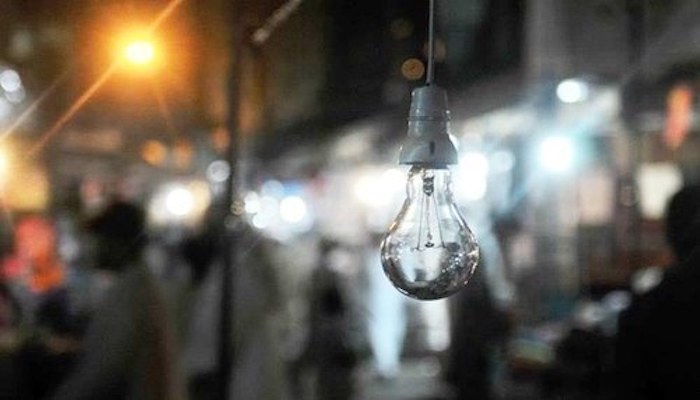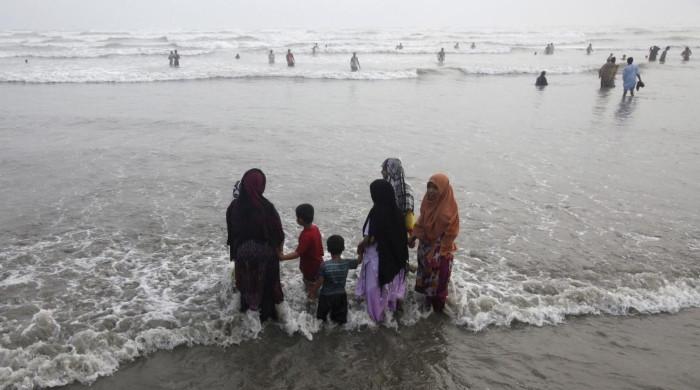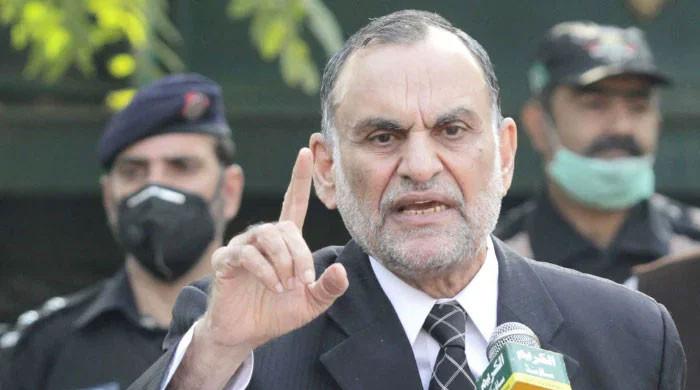Pakistan's power crisis worsens, unannounced load-shedding continues unabated
Power generation was temporarily halted after mudslide at Tarbela Dam; sources estimate electricity shortfall at approx 8,000 megawatts
June 10, 2021

- Pakistan faces severe power crisis, citizens suffer several hours of load-shedding.
- Unannounced load-shedding has reached its peak in Punjab due to an electricity shortfall.
- Ministry of Energy, tunnel III of Tarbela has become operational, which is increasing power generation and a shortfall of 593 MW has been recorded.
Pakistan's power crisis has gotten worse, with load-shedding extending up to several hours at a stretch in different cities.
According to the latest figures provided by sources in the power division, the country is facing an electricity shortfall of somewhere between 7,000 and 8,000 megawatts.
Due to a mudslide at the Tarbela Dam, power generation was stopped and machinery has also likely been damaged.
According to sources, it will take time for power generation to be up and running again at the Tarbela Dam.
Read more: Why is the load-shedding situation getting worse in Pakistan?
Unannounced load-shedding has reached its peak in Punjab, including Lahore, due to the electricity shortfall.
According to officials of the Lahore Electric Supply Company (Lesco), the demand for electricity in LESCO has exceeded 5,000 megawatts and the power supply is close to 4,000 MW, while the shortfall has exceeded 1,000 MW which has worsened the power supply situation in rural and small towns.
Residents of Karachi, Islamabad and Peshawar sick of load-shedding
Due to the power crisis, besides Lahore, long hours of load-shedding is also taking place in other cities, including Islamabad, Peshawar and Karachi.
Power supply to Sector G6-13 of Islamabad was cut off last night, while power supply to the suburbs in Peshawar was also cut. The duration of the power cut reached 18 hours.
Read more: Unannounced load-shedding leaves Karachi citizens powerless
Prolonged power outages have also become a norm in Karachi and power remained suspended for four hours in many areas of the city Wednesday night.
Sources said that the total power shortfall is somewhere between 7,000 and 8,000 MW.
What does WAPDA say?
Power generation has started from two more units at the Tarbela hydel power station, says the Water and Power Development Authority spokesperson.
He said hydropower generation will reach about 6000 MW in peak hours.
According to the Ministry of Energy, tunnel III of Tarbela has become operational, which is increasing power generation and a shortfall of 593 MW has been recorded.
A day earlier, the National Electric Power Regulatory Authority took notice of the additional load-shedding in the country and summoned the heads of all electricity distribution companies, including the CEO of K-Electric.











